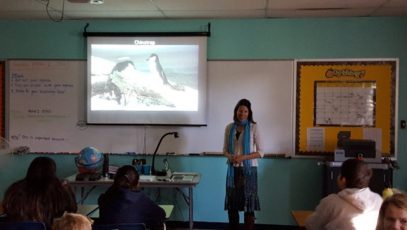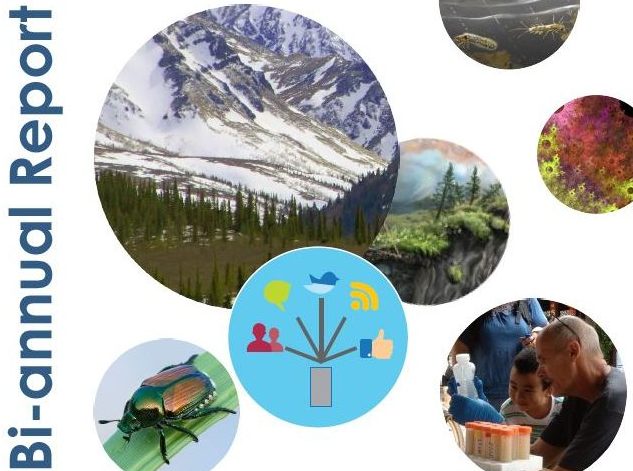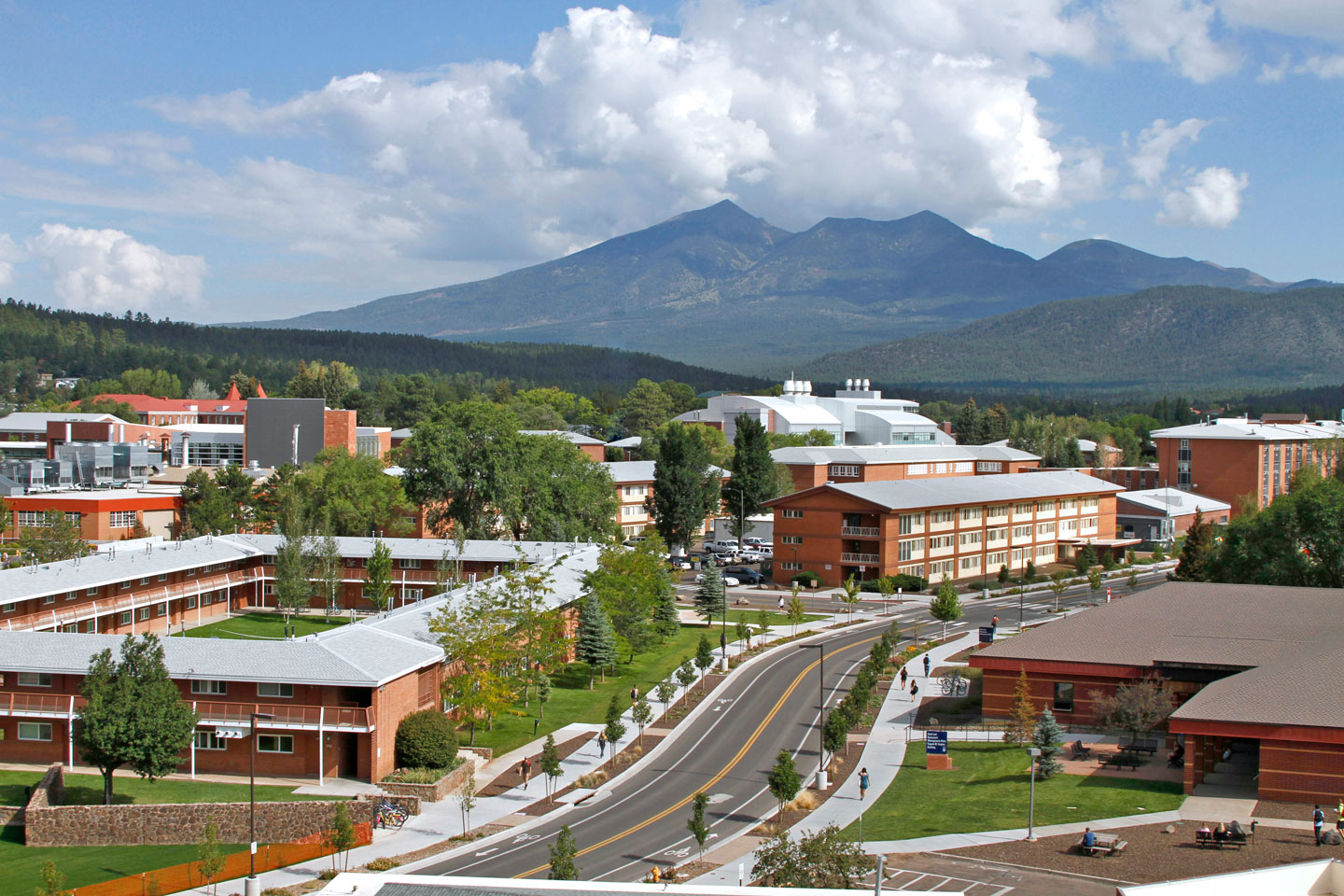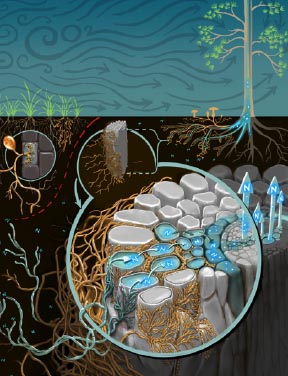Ecoss scientists in the classroom
Dr. Natasja van Gestel presents research regarding the effects of climate change on the Antarctic ecosystem at the Sinagua Middle School. This presentation was part of the “Scientists in the Classroom” program, founded by Jillian Worrssam. The partnership between Sinagua Middle School teacher Kathryn Wertz and Ecoss will add authentic scientific research to the regular curriculum. […]




